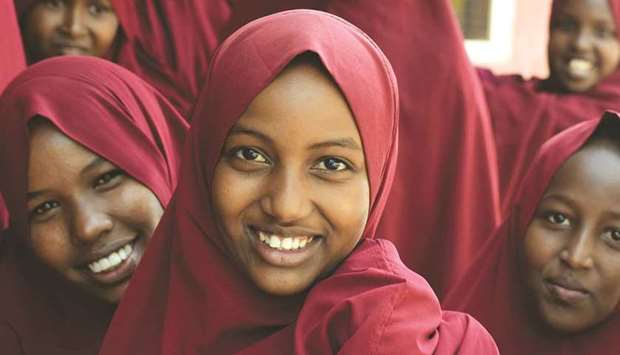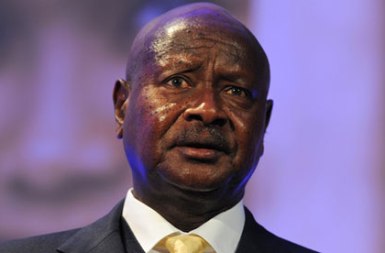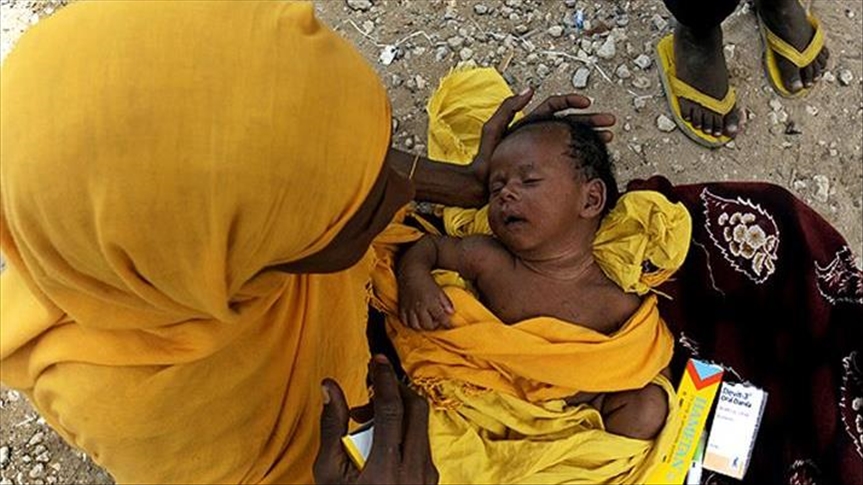EAA launches two integrated education and immunisation projects in Africa. Photo Gulf Times
Meanwhile, the immunisation project in Kenya, which intersects with EAA’s ongoing education project with UNICEF, will be implemented in 16 arid and semi-arid land (ASAL) counties in three zonal areas of Garissa, Kisumu and Lodwar as well as urban informal settlements in Nairobi with high numbers of out of school children. Over the next two years, the project aims to reach 257,400 girls who are both in school and out of school in Kenya.
UNICEF’s immunisation and education projects will work closely together to ensure that communities are mobilised to increase school enrolment and that girls receive the HPV vaccine when they reach 10 years of age. The education project will benefit from the network of community health volunteers and facility-based health workers to advocate for school enrolment, while the immunisation programme in the targeted counties will benefit from the network of schools and teachers to reach communities with messages on cervical cancer and HPV vaccine.
Both projects come as an extension of EAA and Gavi’s partnership aimed at supporting health, development and education access in some of the world’s most marginalised communities.
Khalifa Jassim Alal-Kuwari, director general QFFD, said,.“ We are pleased that the recent contribution by Qatar Fund to GAVI has paved the way for a new strategic partnership between our long-lasting strategic partners Education Above All and GAVI. Through this strategic partnership, an integrated immunisation programme will be launched in Nigeria targeting more than 100,000 children and women. Furthermore, we are looking forward to the upcoming signing of projects in both, Ethiopia and Kenya.”
Fahad al-Sulaiti, CEO EAA, said,“We recognise that children are more likely to enrol and remain in education if they are healthy. EAA is committed to working with local communities to advocate for school enrolment and ensure access to quality primary education for the most marginalised. Together, through our existing education project, we will engage local and regional stakeholders to generate a marked improvement in health practices and mobilise resources at a time when they are most needed.”
“When education and health come together, sustainable change happens. We entered into our partnership with EAA last year in order to enhance awareness around health challenges and shape health-seeking behaviours", said Anuradha Gupta, Deputy CEO of Gavi, the Vaccine Alliance. "Today, with the support of the Qatar Fund For Development, we are launching two integrated education and immunisation projects in Ethiopia and Kenya that will aim to reach over half a million of the most marginalised people over the next two years."
“Children in Ethiopia face a high risk of exposure to polio and cervical cancer, and lack access to essential vaccination support due to Covid-19. Through this immunisation initiative, the project has enormous scope to reach hundreds of thousands of children with life-saving vaccines that will protect them from preventable diseases and thereby improve their chances of regular school attendance and healthy cognitive development,” said Gabriel Taeyoung Jung, CEO of Save the Children Korea.
“Girls in the ASAL counties of Kenya were already among the most disadvantaged children in the country, and they have been hard hit by the Covid-19 pandemic, including school closures and reduced uptake of vaccination,” UNICEF representative to Kenya, Maniza Zaman, said. “Every child has the right to an education and to health care. In Kenya, this new partnership will improve learning and immunisation for an additional quarter of a million girls.
The immunisation project will identify children living in the areas where EAC and Save the Children’s education project is being implemented and engage teachers and Parent-Teacher Association members of supported schools. It will address some of the key barriers to vaccination in the region, including lack of immunisation service availability and cold chain equipment; lack of service providers and training; data inconsistency and shortage of reporting; low community awareness; and inadequate support. - Gulf Times








